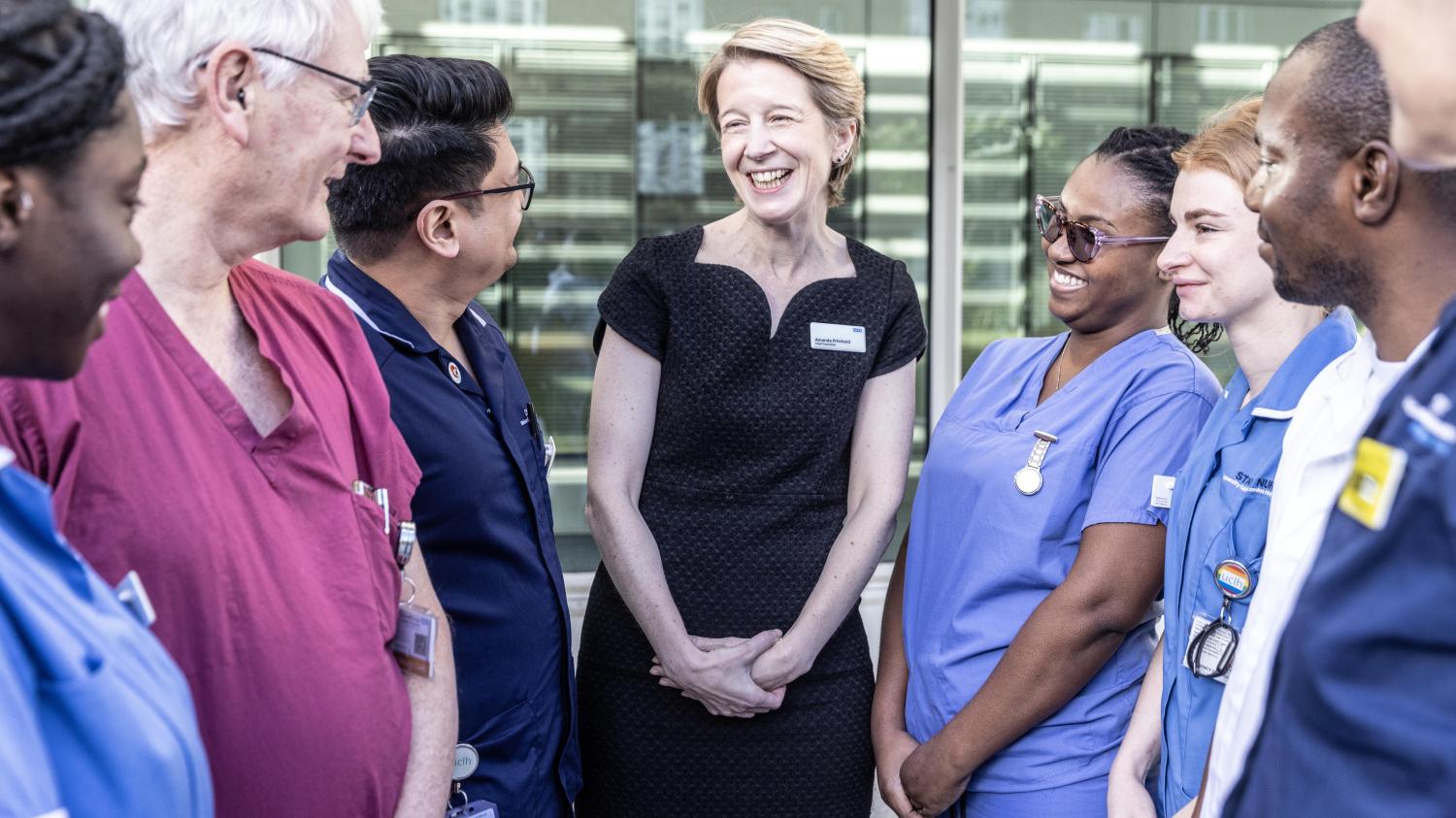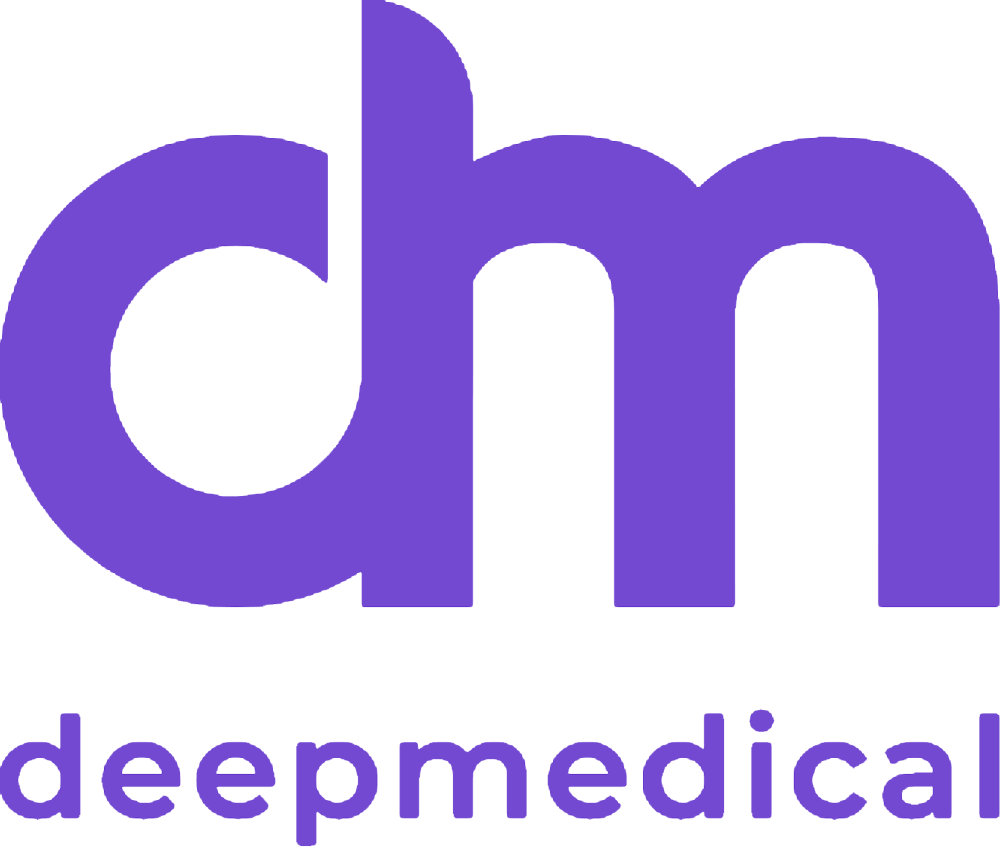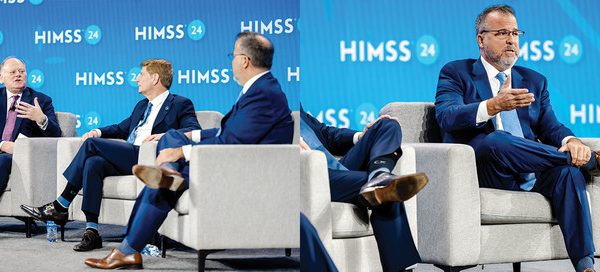
Hospitals are introducing AI receptionists to identify which patients are unlikely to turn up and automatically schedule back-up appointments.
The technology was announced by Amanda Pritchard, NHS England’s chief executive, as part of a drive to reduce the eight million missed hospital appointments each year.
The artificial intelligence software analyses factors such as people’s jobs, childcare commitments, the weather and the traffic to predict with 90 per cent accuracy when they will not attend. It then automatically calls in a patient from the waiting list, to ensure doctors do not waste any time. One in 15 hospital appointments are no-shows, costing the NHS £1.2 billion a year.
The AI, developed by the tech firm Deep Medical, which was founded by an NHS junior doctor, also takes people’s background into account when scheduling appointments. For example, single mothers who cannot afford to take time off work are offered weekend slots, and elderly patients who do not like driving are offered appointments at a clinic closer to home. Patients who cannot read English will be sent invitations in their native language.
People at high risk of missing their appointment are also sent targeted reminders, helping to reduce the risk of conditions such as cancer going undiagnosed.
Pritchard said the technology was a “win-win” and would be piloted at Mid and South Essex NHS Foundation Trust, with plans to expand nationally if successful.
She told an NHS Innovation Showcase event: “The NHS has been at the forefront of innovation for almost 75 years, adopting the latest technologies and treatments to ensure patients have the best possible experience.
“This new pilot is no different — it shows the NHS testing the latest technological advancements to address the real-world challenges we face.
“The system will help ensure patients receive ‘smart’ appointments, that are convenient and fit into people’s increasingly busy lives.
“It is a win-win for patients and the NHS alike — it will help us to free up doctors’ time to treat more patients, save taxpayers’ money as well as helping to reduce waiting times.”
The technology is predicted to allow an extra 80 to 100,000 patients to be seen each year at the Mid and South Essex NHS Trust, which supports a population of 1.2 million and has an average 8 per cent no-show rate. Another five NHS trusts will test the software this year as part of a renewed drive to reduce missed outpatient visits.
Rishi Sunak has highlighted the importance of cutting down missed appointments and suggested charging patients a £10 fee if they did not turn up. “The NHS is meant to be free at the point of use, not free at the point of misuse,” he said.
But Sunak dropped the proposal following criticism from health leaders, who said it would be an administrative nightmare and would affect the poorest and sickest in society the most.
Red Box Get the inside track on what’s happening in Westminster, straight to your inbox. Sign up with one click
Deep Medical was co-founded by Dr Benyamin Deldar and AI expert David Hanbury. Deldar said: “This really isn’t about people forgetting an appointment; at the core of this issue is challenging health inequalities in our communities. While working on the frontline over Covid, I felt the impact of the pandemic on our services.
“We’ve created a system that can better identify and offer support for patients, while importantly tackling the NHS waiting list.”
The company said the risk of double-booking, when the AI schedules a back-up appointment, is only 6 per cent. And if two patients turn up the doctor can see an extra patient and take the time back in lieu.










